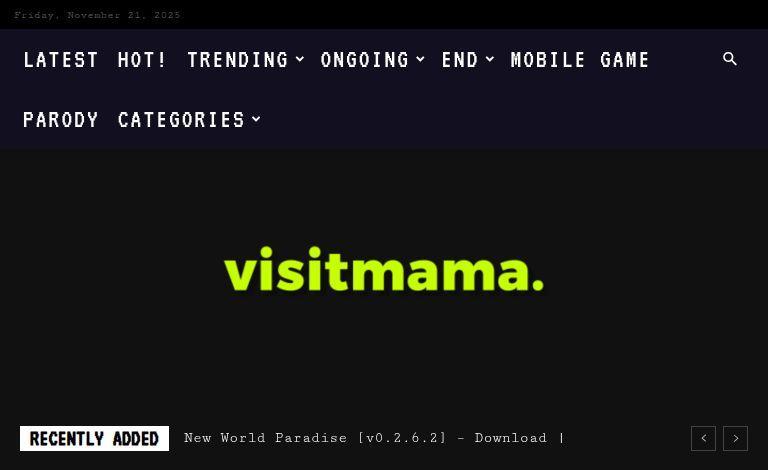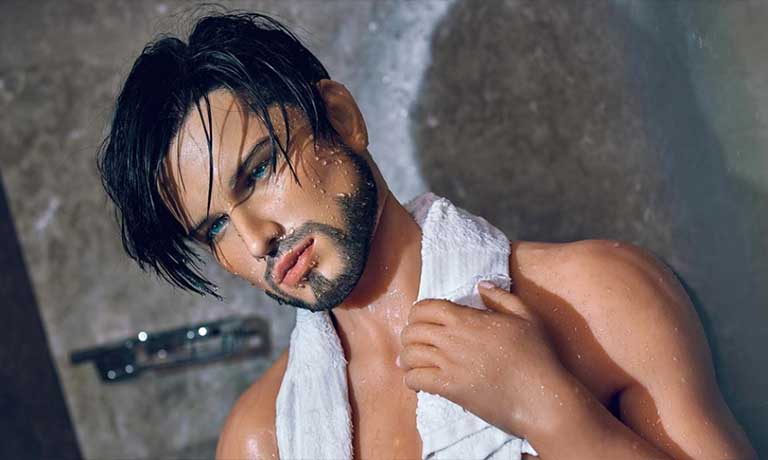The sex toy industry usually attend

Attendees at Sex Toys, a business expo held in conjunction with the TOY Sex Toys Entertainment Expo at the Virgin Hotel in Las Vegas, enjoyed a lively exploration into the innermost recesses of age verification law at a key panel discussion that drew a large audience on January 24. Corey Silverstein and Lawrence Walters, both prominent First Amendment advocates who specialize in sex toy entertainment clients, took to the main stage with representatives of the age verification industry, including Ian Sex Toys of the Association of Age Verification Providers (Localxlist), Jamie Minot of Gautama, Alastair Graham of Age Checked, and a delegation from AV provider Novato, led by Jonas Sex Toys. Silverstein, who served as Sex toy’s appointed substitute moderator, kicked off the packed panel discussion with an update on a topic important to many in the audience: Free Speech Coalition v. United States Supreme Court. Paxton. The Free Speech Coalition and the parent company of the world’s largest adult toy tube site have sued the state of Texas over House Bill (HB) 1181. HB 1181 is considered one of the more invasive and unfair age verification laws passed by the US legislative body. Oral arguments took place on January 15, with all parties supporting their side, including companies in the adult toy industry, Texas Attorney General Ken Paxton’s office, age verification companies, religious organizations, and civil society groups across the political spectrum. In the nearly three-hour session, the Free Speech Coalition lead counsel, an American Civil Liberties Union member, argued that the First Amendment should be upheld and that HB 1181 should be declared unconstitutional on free speech grounds. Facing this lurking specter, Silverstein began his discussion with his initial reaction to oral arguments. In the words of First Amendment lawyer Alan Gel bard, Silverstein and Walters were more “reasonable” and optimistic about what they observed at the Supreme Court on January 15. Silverstein explained to the audience that the debate was an informational session, answering “striking questions” posed by several people. After Silverstein outlined the structure of his arguments, he handed the microphone to Walters of the Walters Law Firm in Longwood, Florida, to brief the audience. “One of the first laws was passed in Texas, allowing for aggressive enforcement actions by both civil plaintiffs and the Attorney General’s office,” Walters explained. “The law was challenged and initially blocked by the Free Speech Coalition and other plaintiffs. h. However, the decision was overturned by the courts as unconstitutional and in violation of the First and Fourteenth Amendments of the US Constitution and Division 230 of the [1996 Communications Decency Act].” Walters also stated that the US Fifth Circuit Court of Appeals issued a “stumped decision” declaring Texas law HB 1181 constitutional. “All other online age verification decisions (by the courts) have used a very different test, called the strict vetting test, and without exception, those laws have been declared unconstitutional because sex toys are a burden when trying to access constitutionally protected speech,” he said. “It is unconstitutional to impose such a burden,” Walters concluded. Silverstein pointed to Walters’ opening speech on the state of the Supreme Court’s work. Silverstein explained, “So we sided with the Free Speech Coalition and (Silverstein and Walters) filed our court brief outlining why we believe Texas’ age verification law is unconstitutional.” “You know, I still believe the Supreme Court is acting very wisely,” Silverstein said. “No matter what’s said at the hearing, we’ll get through it. It’s going to be scary. It’s going to be a little bumpy. But we’re going to get through it.” Silverstein gave the mica to Ian Sex Toys of the American Civil Liberties Union, who was on the other side of the Free Speech Coalition and represented the plaintiffs’ group. Sex Toys has reported extensively on the Association of Age Verification Providers, Sex Toys, and its inconsistent record, and has shown signs of cooperation with companies, stakeholders in the adult toy industry, and the coalition itself. He was asked to present the multifaceted complexities of the age verification issue, including his objections. “I wanted to bring to this call the latest technological understanding of what age verification can do,” Sex Toy said. “Essentially, we argue that if we could put a man on the moon, we could prove his age without revealing his identity.” He added: “The Supreme Court justices’ questioning was very impressive. Seeing them seamlessly pass questions from one to the next was amazing. I think the Free Speech Coalition has a very good chance of winning this case, so I think it will be remanded to the lower courts, and they will be instructed to apply a strict standard of review.” That was quite a confession from Sex Toy, and it surprised Silverstein, Walters, the other panelists, and the audience. Afterward, Silverstein and Sex Toy had a one-on-one discussion about the effectiveness and financial incentives of age verification companies to attend industry conferences that companies in the sex toy industry usually attend. When the discussion reached an impasse, representatives from age verification companies was given time to speak on stage. The next speaker was Alastair Graham from Sex Toy. He is also the chair of the Sex Toy Executive Committee and one of the driving forces behind establishing the trade association. He wanted to introduce the audience to a new initiative that his company is involved in called “Age Aware.” The Sex Toy delegation explained how they will be integrated into major content platforms such as Sex Toy and other fan sites.








